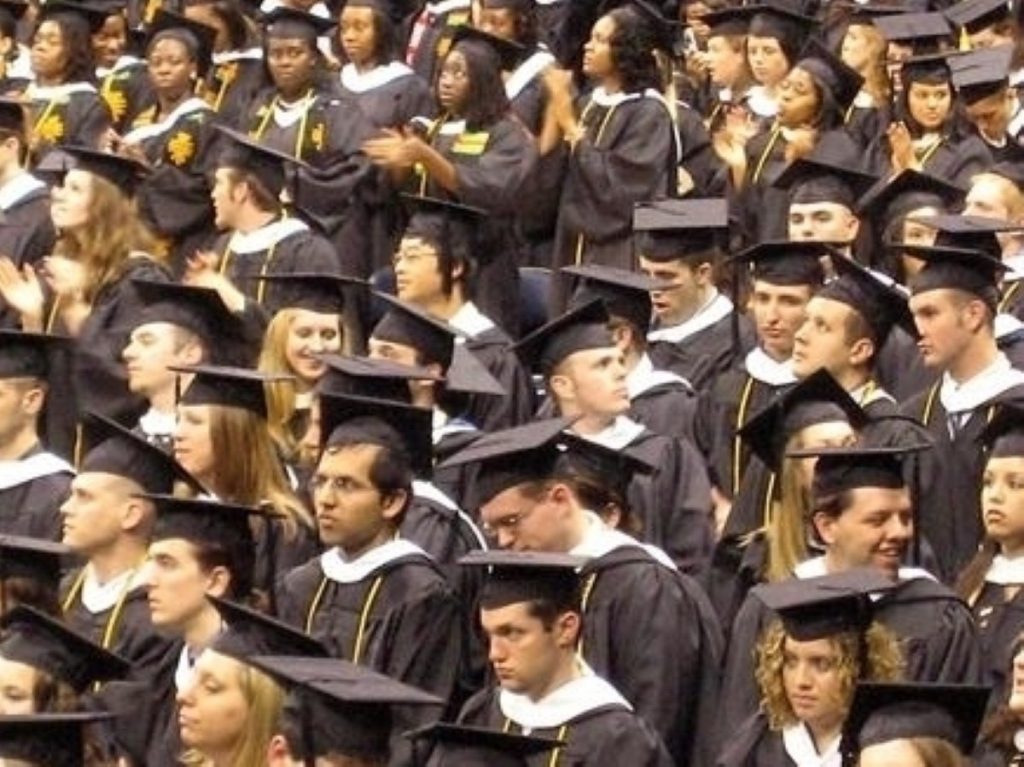Tuition fees may rocket by factor of five
By Peter Wozniak
Students could see their tuition costs soar to over £16,000 – five times the current rate – if a cap on fees is lifted, according to a study.
The report by the Sutton Trust examined what would happen to fees if, as expected, Lord Browne’s report raises the limit on what universities can charge domestic students.
The report based its findings on what British universities currently charge overseas students as a guide to possible changes if free market rules applied.


It found that universities could charge vast sums of five times the current rate, effectively pricing out many domestic students.
This would leave universities more reliant on attracting students from overseas – a trend the report states is already well underway.
Presently, tuition fees are capped at a maximum of £3,290.
The report argues that an increase in the cap to £10,000 would deter thousands of students from poorer backgrounds from attending university – with potentially drastic implications for Britain’s competitiveness in the labour market.
Sir Peter Lampl, chairman of the Sutton Trust warned: “Any future finance system that deters poorer students from top degree courses because of spiralling costs and freezes on student numbers will be a double blow for social mobility.
Lord Browne’s report on university funding will be revealed later this year. It is widely expected that it will recommend raising the cap on tuition fees.
Such a move would be particularly poorly received by the Lib Dems, who have campaigned for the abolition of tuition fees for decades.
They will be allowed to abstain when any change goes through parliament, but some have already committed themselves to rebel and vote against the government, including former leader Ming Campbell.
Such a move would be particularly poorly received by the Lib Dems, who have campaigned for the abolition of tuition fees for decades.
They will be allowed to abstain when any change goes through parliament, but some have already committed themselves to rebel and vote against the government, including former leader Ming Campbell.









